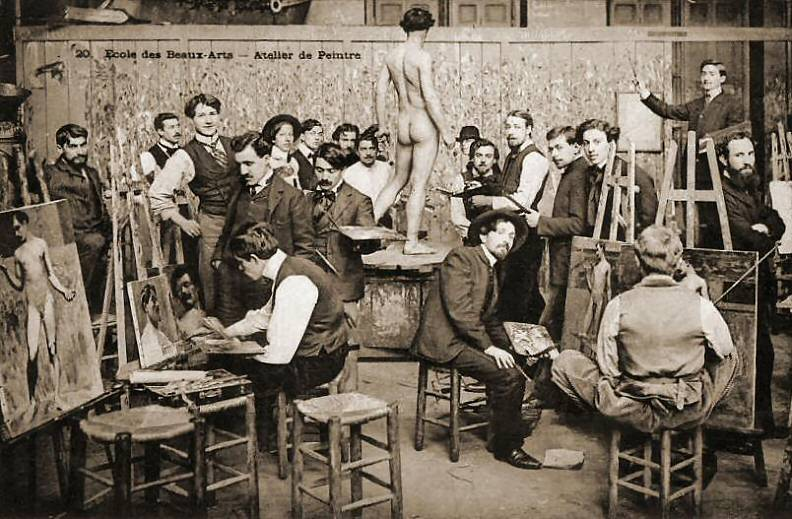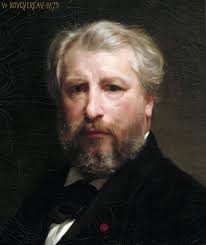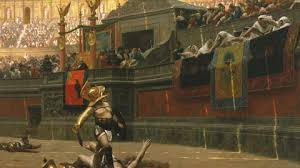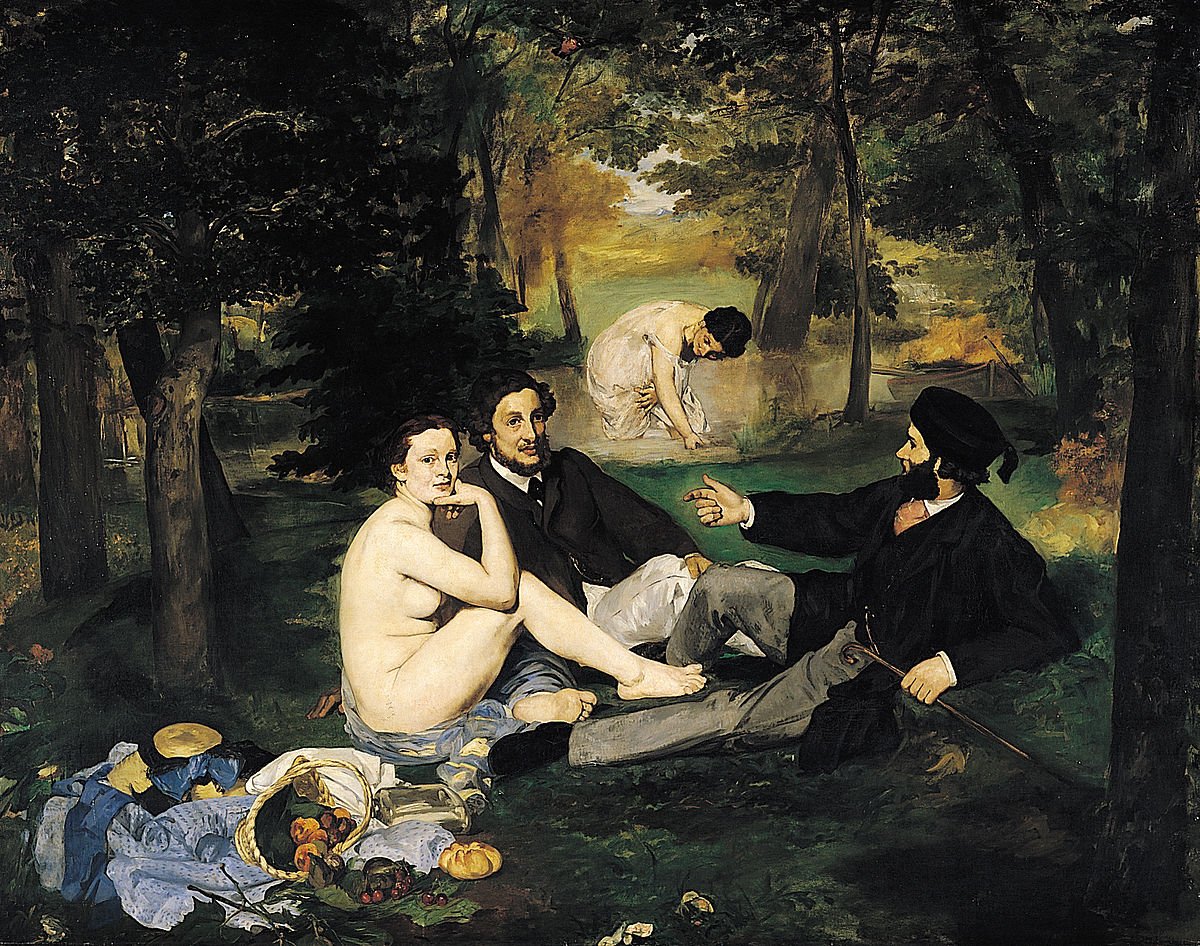A thread about Economics as a discipline, Academic painting in XIXth century France and Bourdieu, and what the recent events within Economics may mean. 0/n
What if I told you about a discipline plagued with an ever-rising number of graduates and an ever-decreasing number of positions, where the need for details and applications became unhinged and where there is an open conflict between old insiders and young outsiders? 1/n
Of course, I am talking about econo…French Academic art in the XIXth century. Academism was the height of institutionalized art: would-be painters spent years in training to go the Académie des Beaux-Arts before competing for spots in Salons where fortunate clients were. 2/n
Success in this world meant a lot: William-Adolphe Bouguereau, one of the foremost representatives of French Academic painting, was rich and famous far outside France. 3/n
For those unfavored by fortune though, this was terrible. Failure meant that years of training were lost and poverty looming. When he was refused at a Salon, Jules Holtzapffel, killed himself and wrote before his death “Je suis refusé par l’Académie, je ne suis pas un peintre.”
Over the years, Academic painting became an institution that was asking more and more to aspiring painters and where painting itself became more codified and cumbersome: bigger frame, more details but fewer varieties of subjects. 5/n
Nowadays, “Pompier” (fire-fighter in English, look at the helmet) is a French pejorative term to describe this type of very detailed but somewhat boring paintings which often refer to Antiquity. 6/n
But the social success of Academic painting meant also that more and more aspiring painters were trying to become the next Bouguereau or Cabanel but were ultimately failing to be recognized by the official institutions and to make a living out of painting.
6/n
6/n
This growing cast of very poor artists came to be known as the “Boheme”, educated but poor, and will constitute the ferment for the esthetic (and politic) revolutions of the end of the XIXth century, including the Impressionism movements. 7/n
These poor artists started to challenge Academic institutions that were depriving them of social recognition (and the money that came with it). For example by participating in the “Salon des réfusés” in 1863 where Manet will expose. 8/n
They were advocating painting more mundane subjects, a freer use of colors, and giving up the arms race toward ever more details to focus on sensations instead. In the end, history gave them reasons but it was not easy nor unavoidable. 9/n
Bourdieu in his courses in the Collège de France in 1985, and again between 1998 and 2000 came to be very interested in this period of history (and that’s how I know about it) and especially how it led to a “symbolic revolution” and changed what it meant to be an artist 10/n
He wanted to show how alphabetization in the XIXth century and a graduate surproduction crisis led, with some lags, to a transformation of the field of painting. I can’t give justice to the quality and interest of his argumentation here (go read it!). 11/n
In many senses, it is hard however to escape the comparisons between Academic paintings then and Economics today: the academic job market is fiercer than ever and for those who are not recognized, leaving the field is often the only solution. 12/n
Within those who stay, there is a rising discontent that focuses on the costs of publish or perish, the long publication process, the inequalities of recognition between some subjects, the power of some gatekeepers, etc… 13/n
It is as if things are accelerating these last few months (but I may be wrong) with the help of the COVID crisis and some sort of reckoning about diversity issues in Economics. 14/n
Is Economics living its own symbolic revolution? A comparison across disciplines and years is necessarily limited but I wonder... 15/15

 Read on Twitter
Read on Twitter






